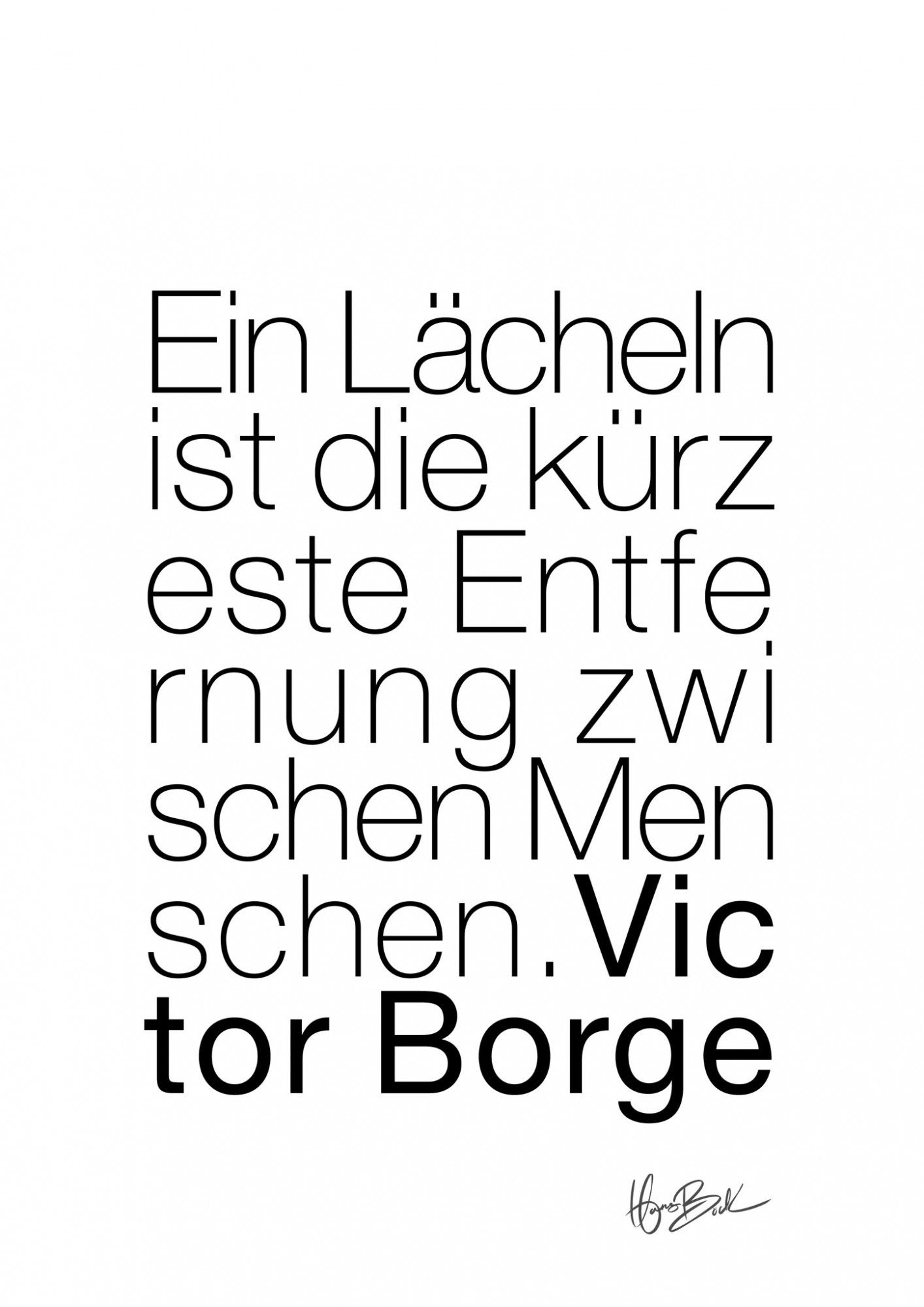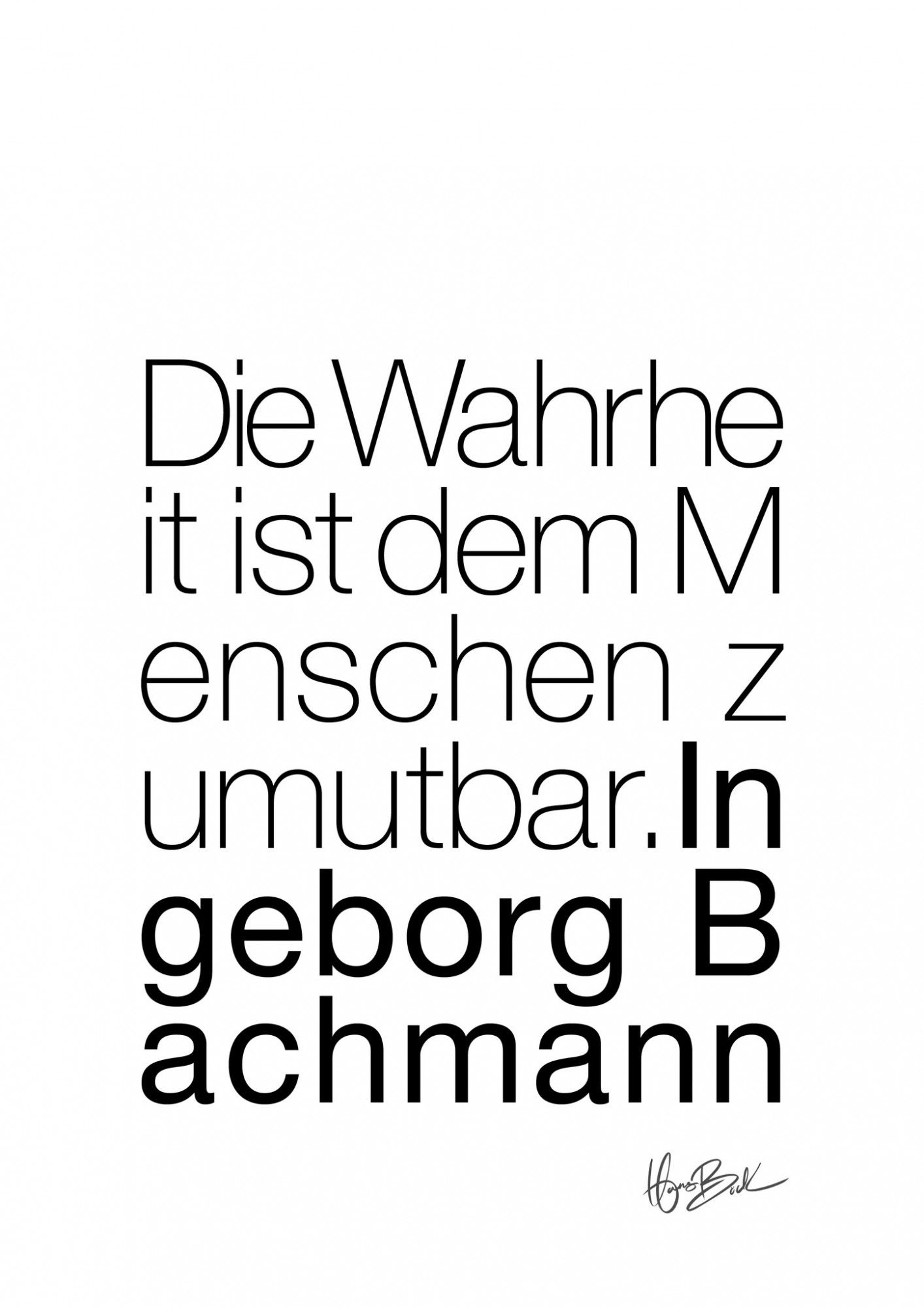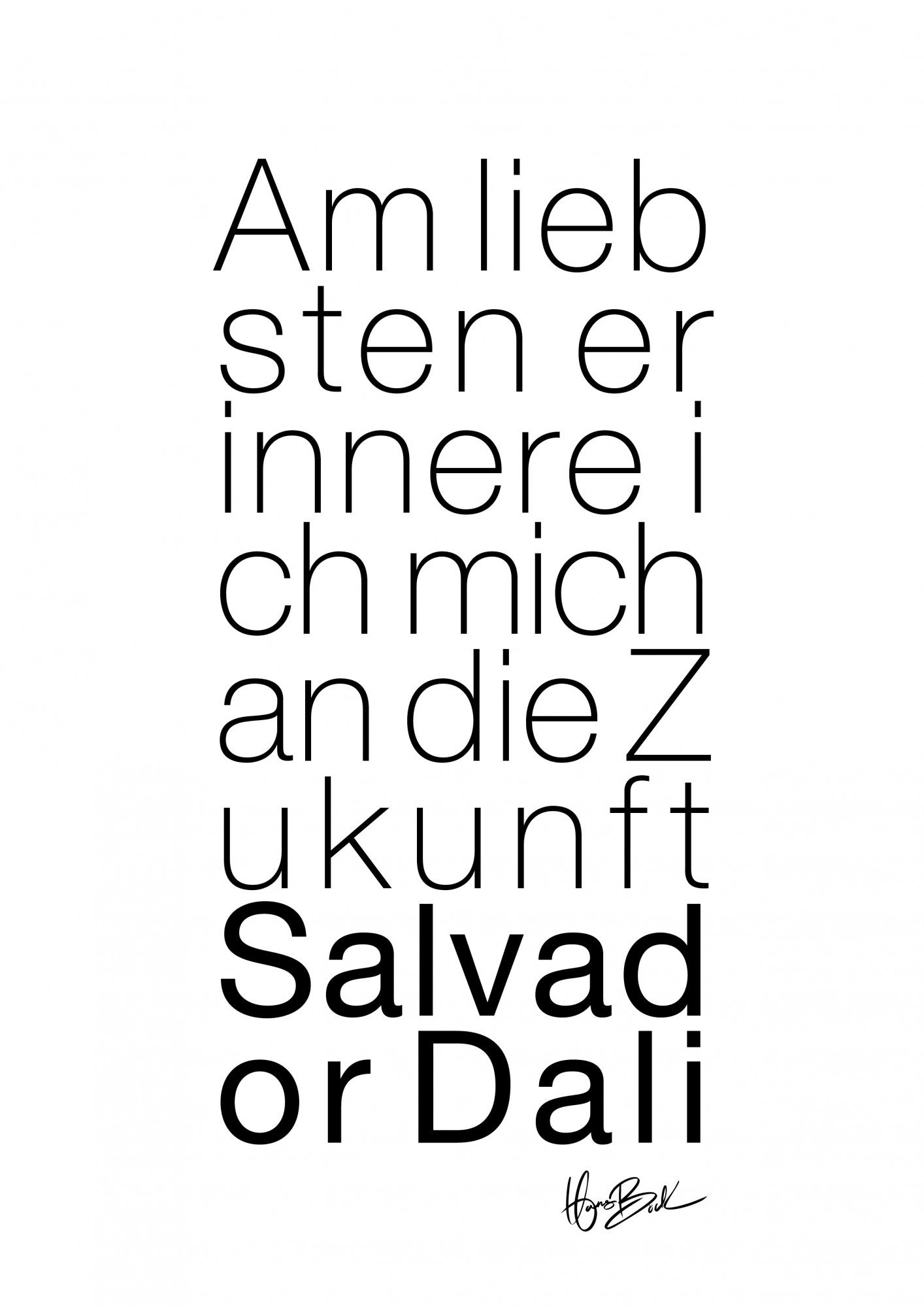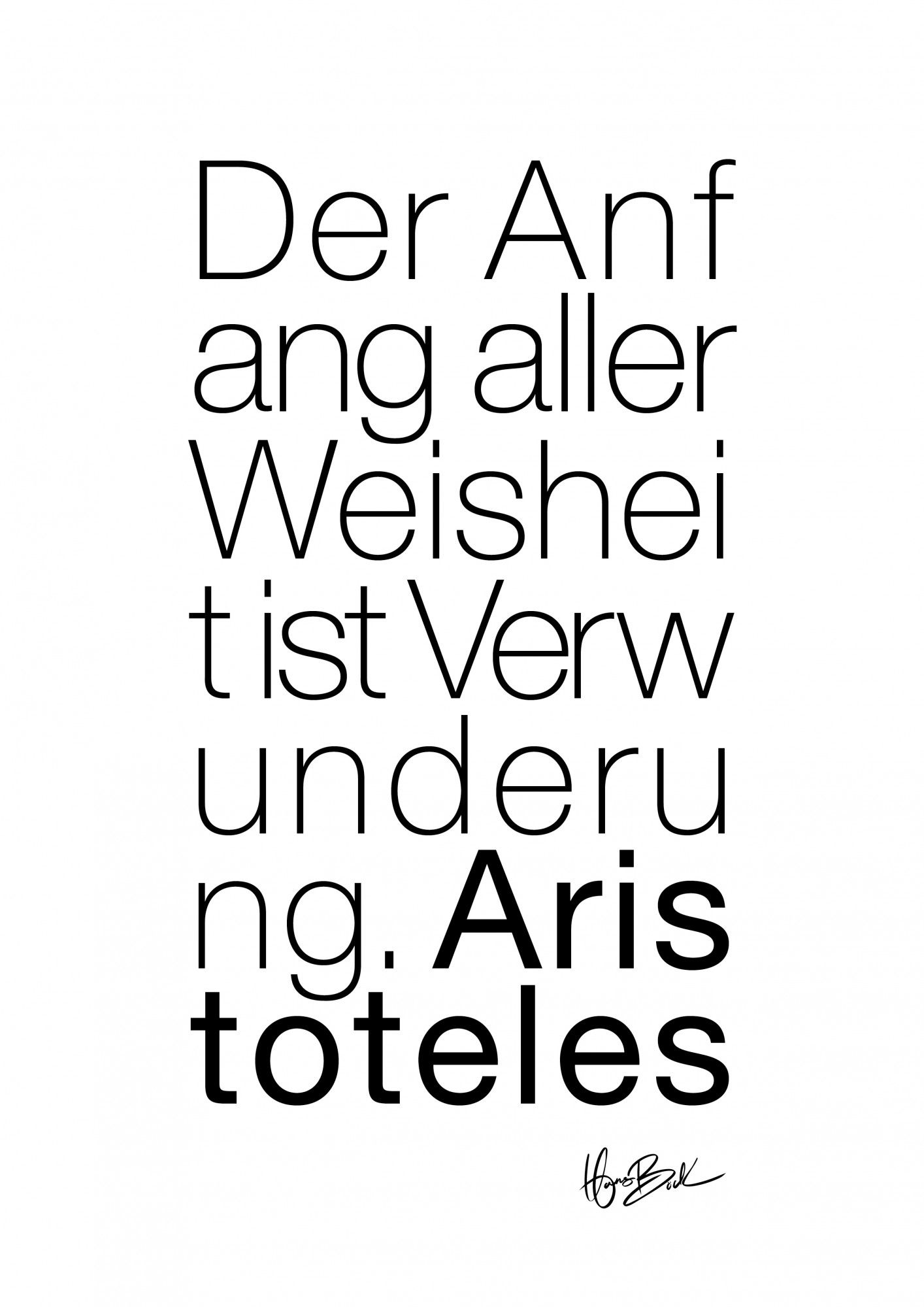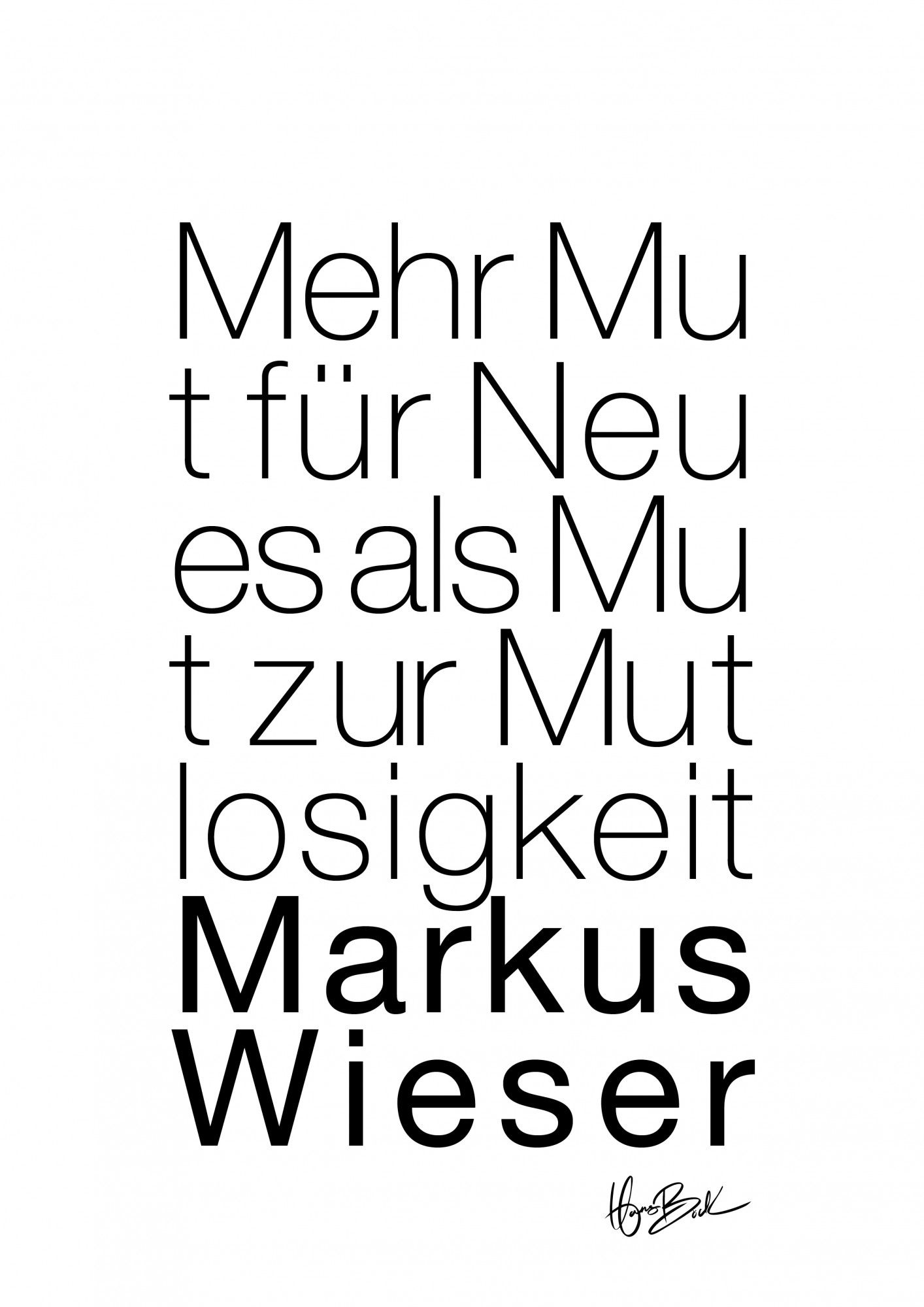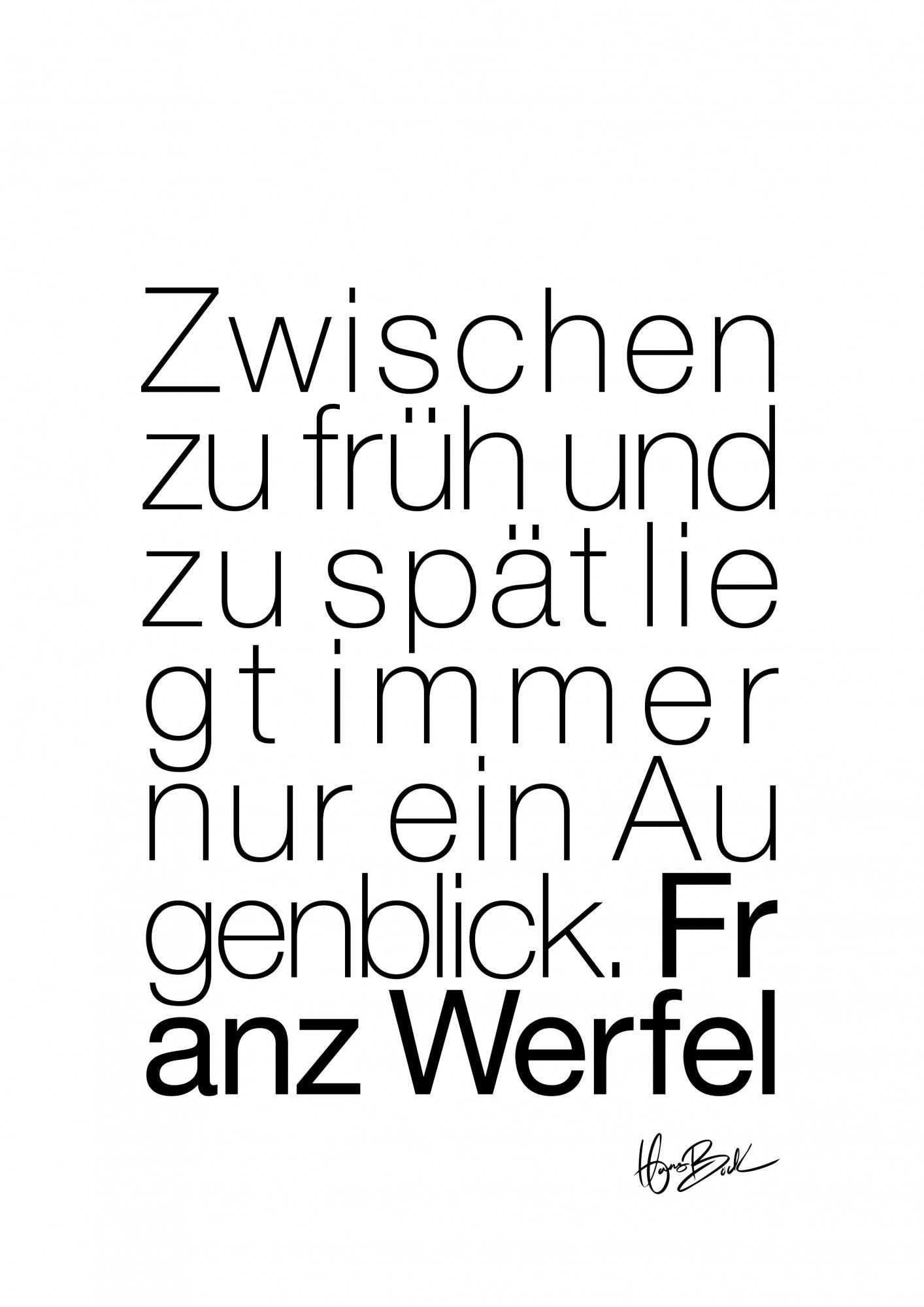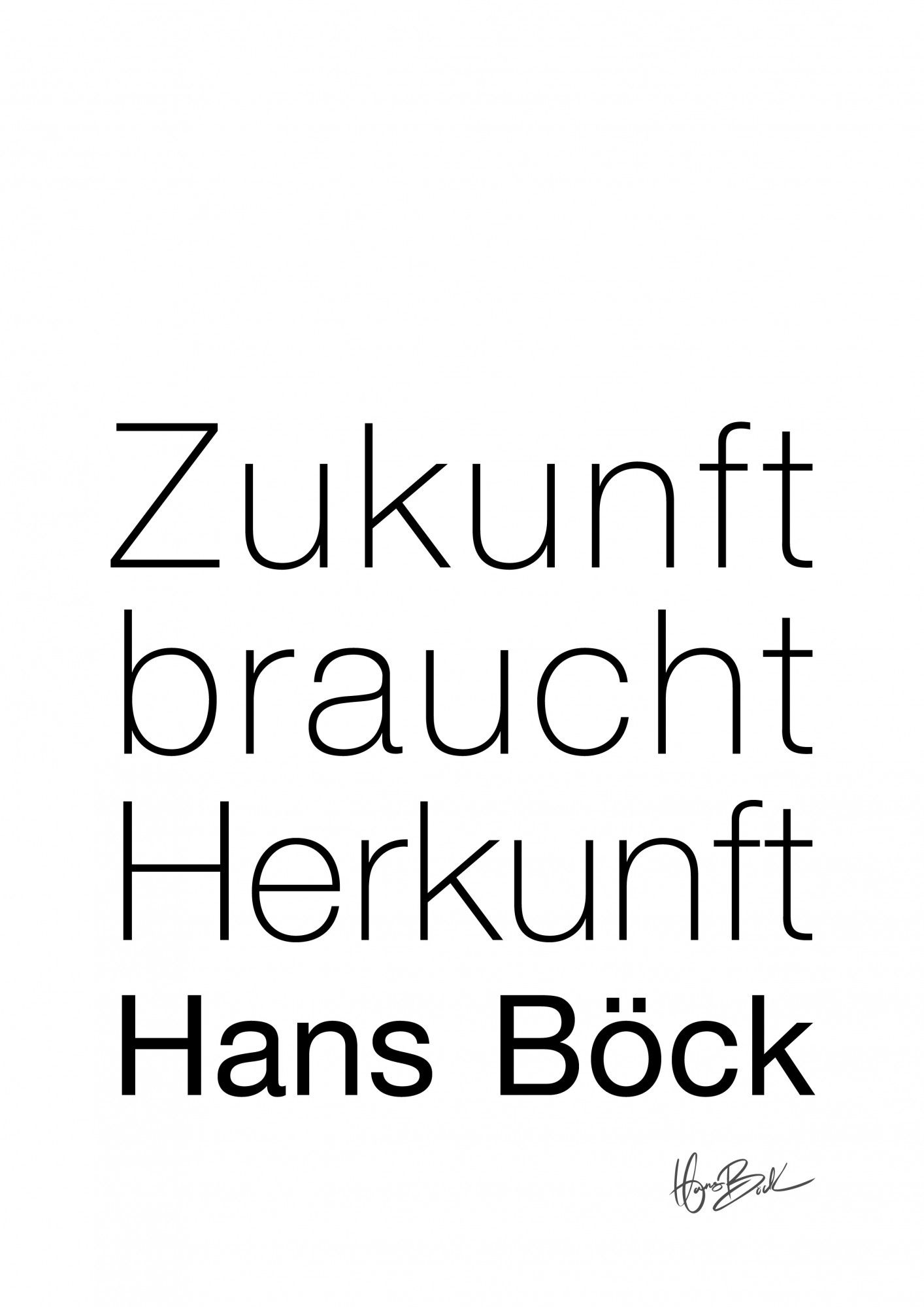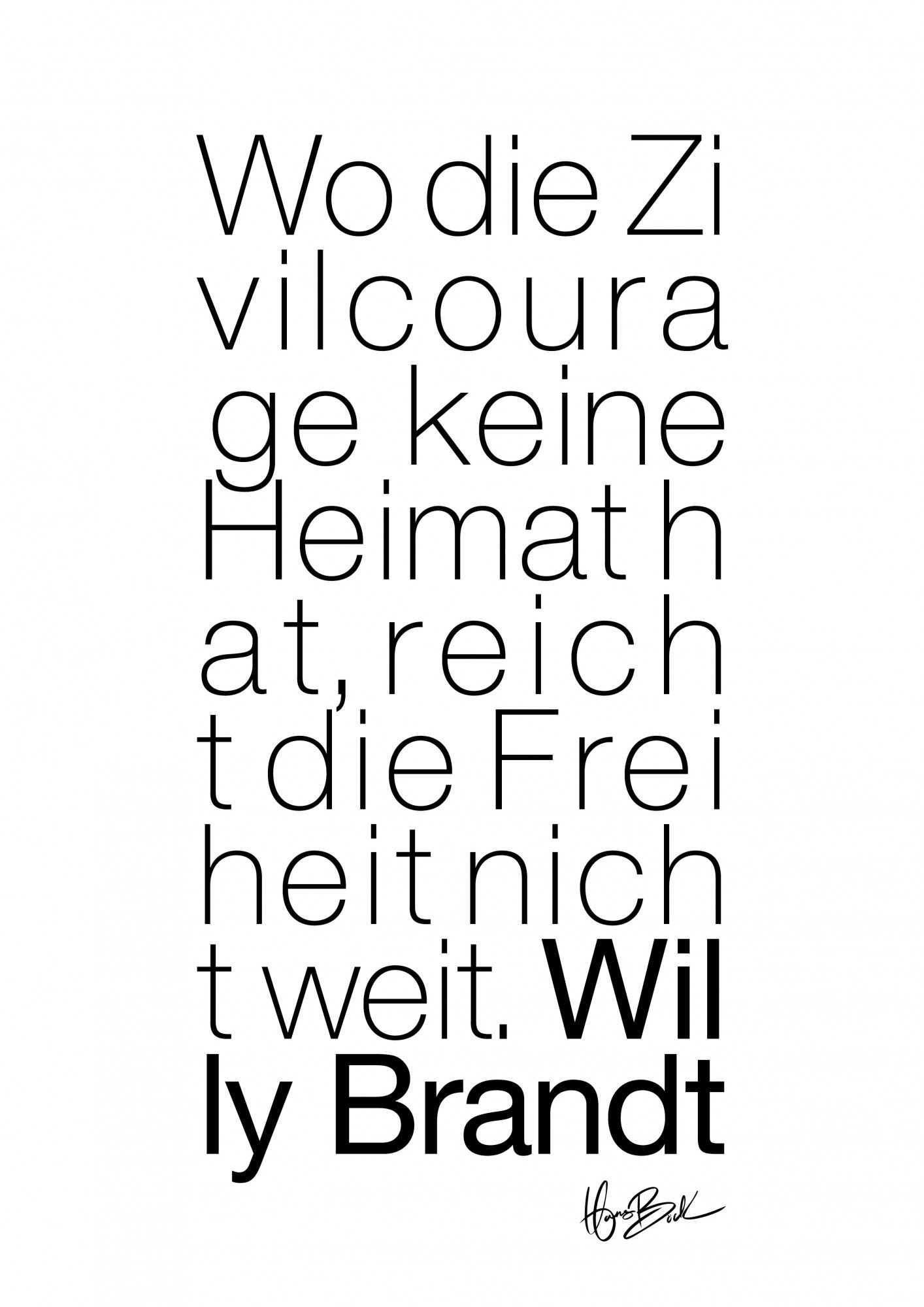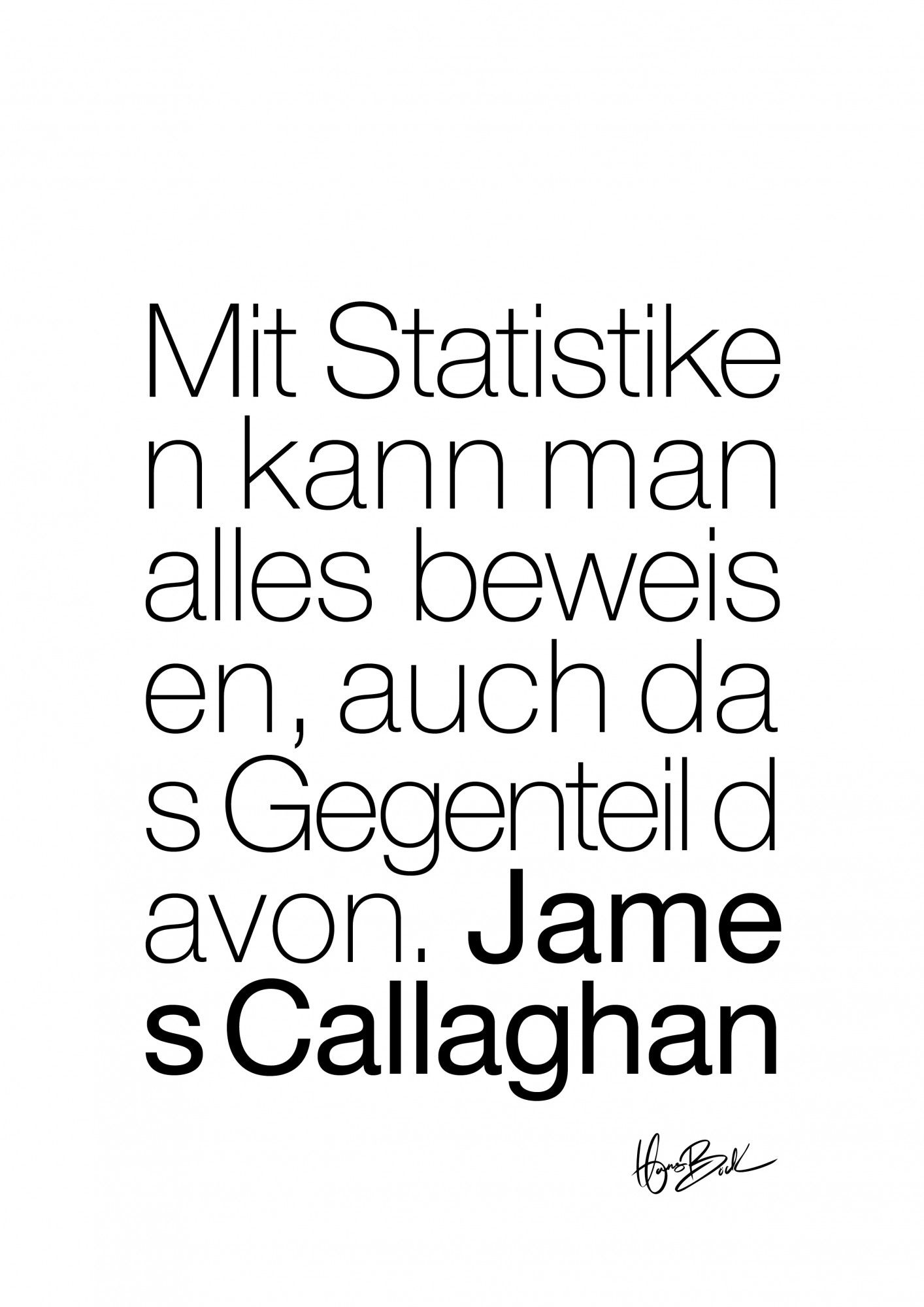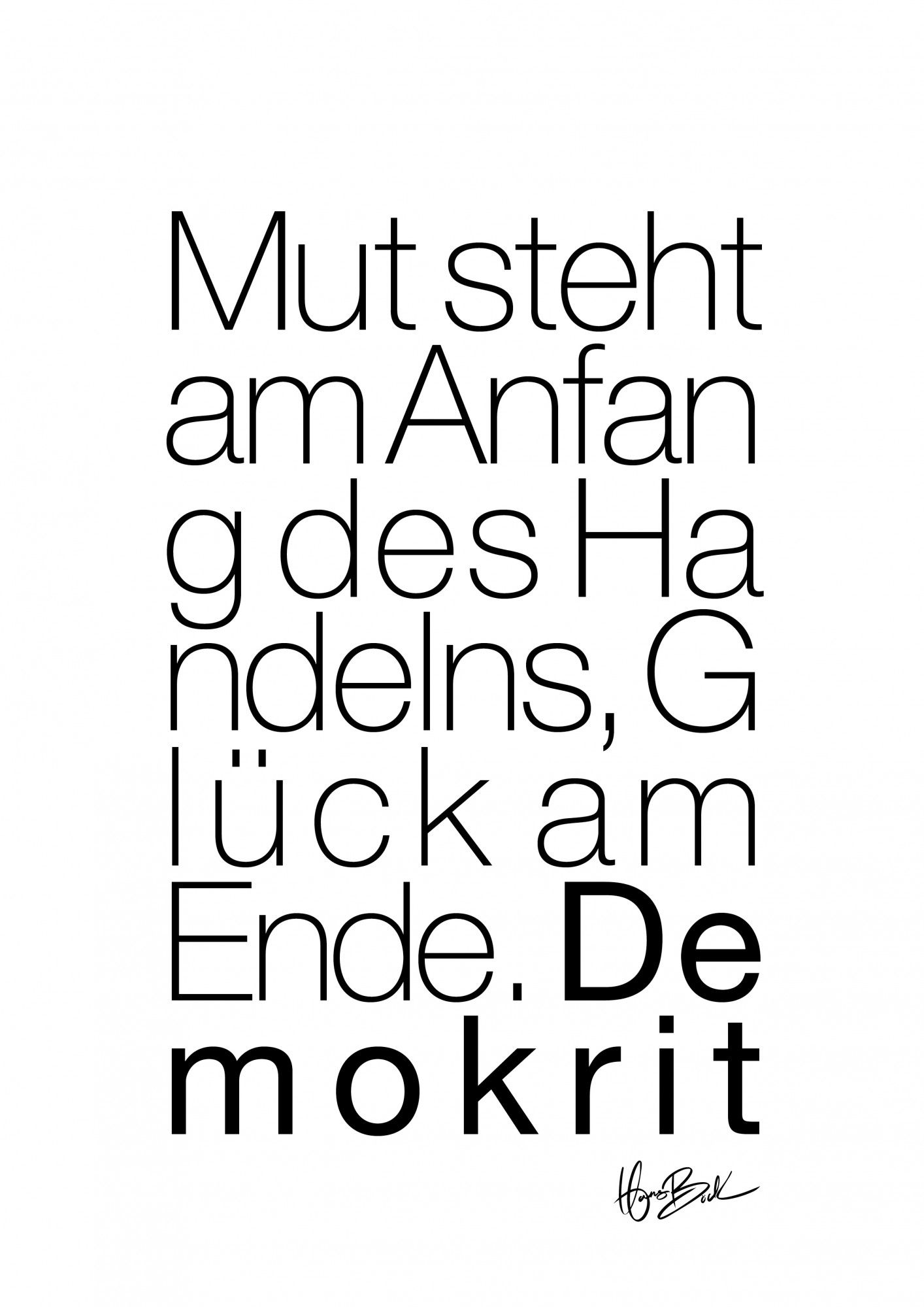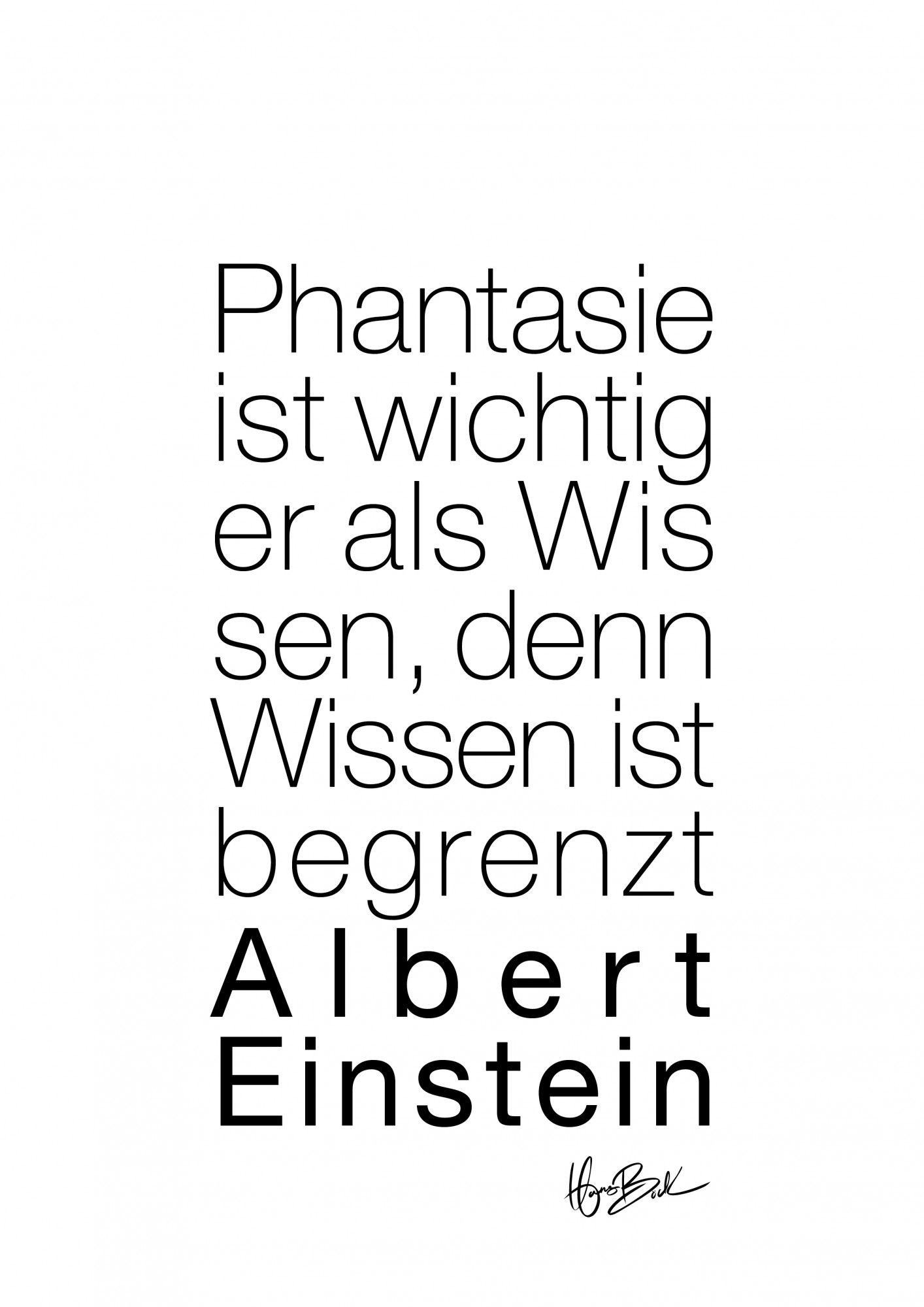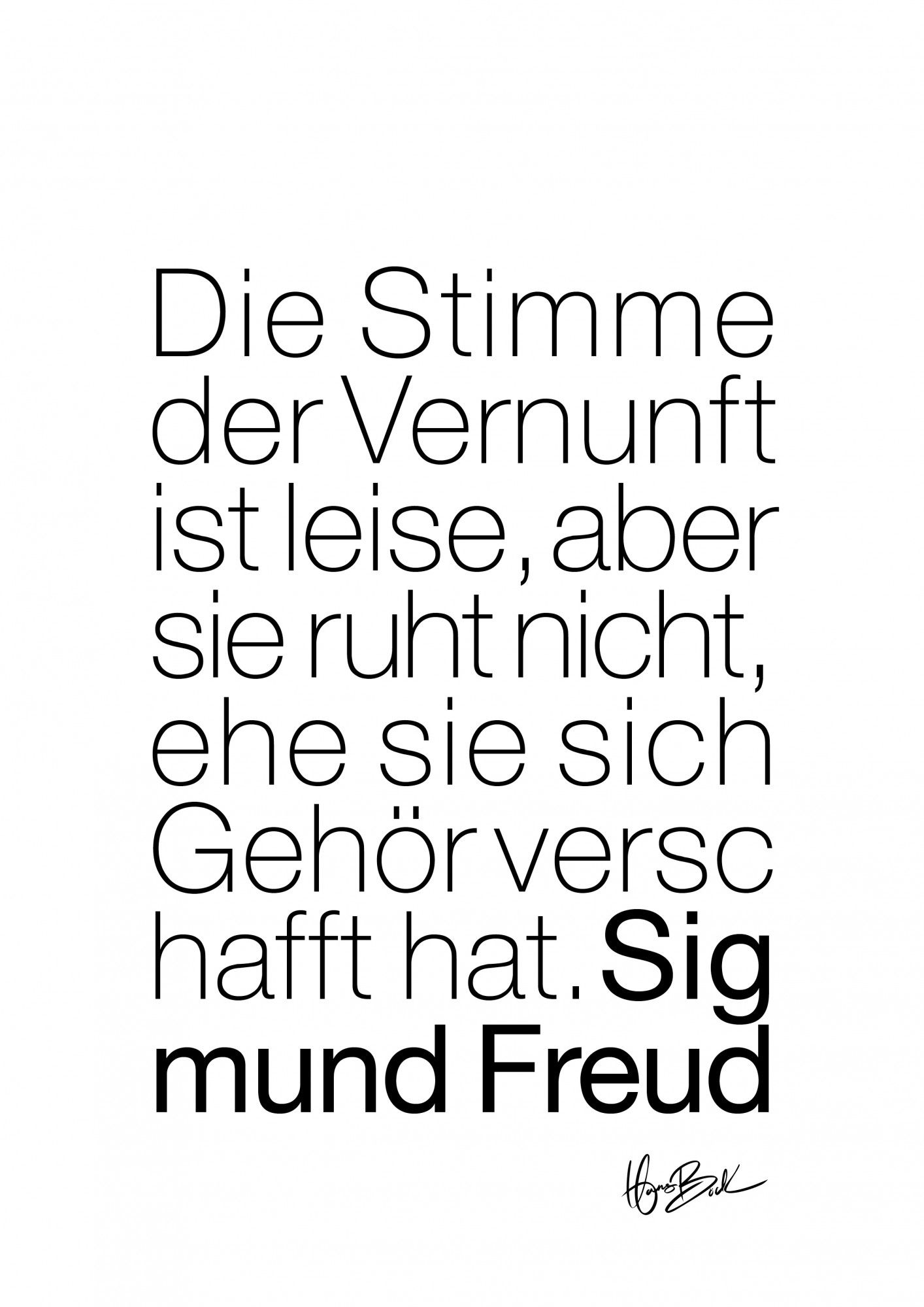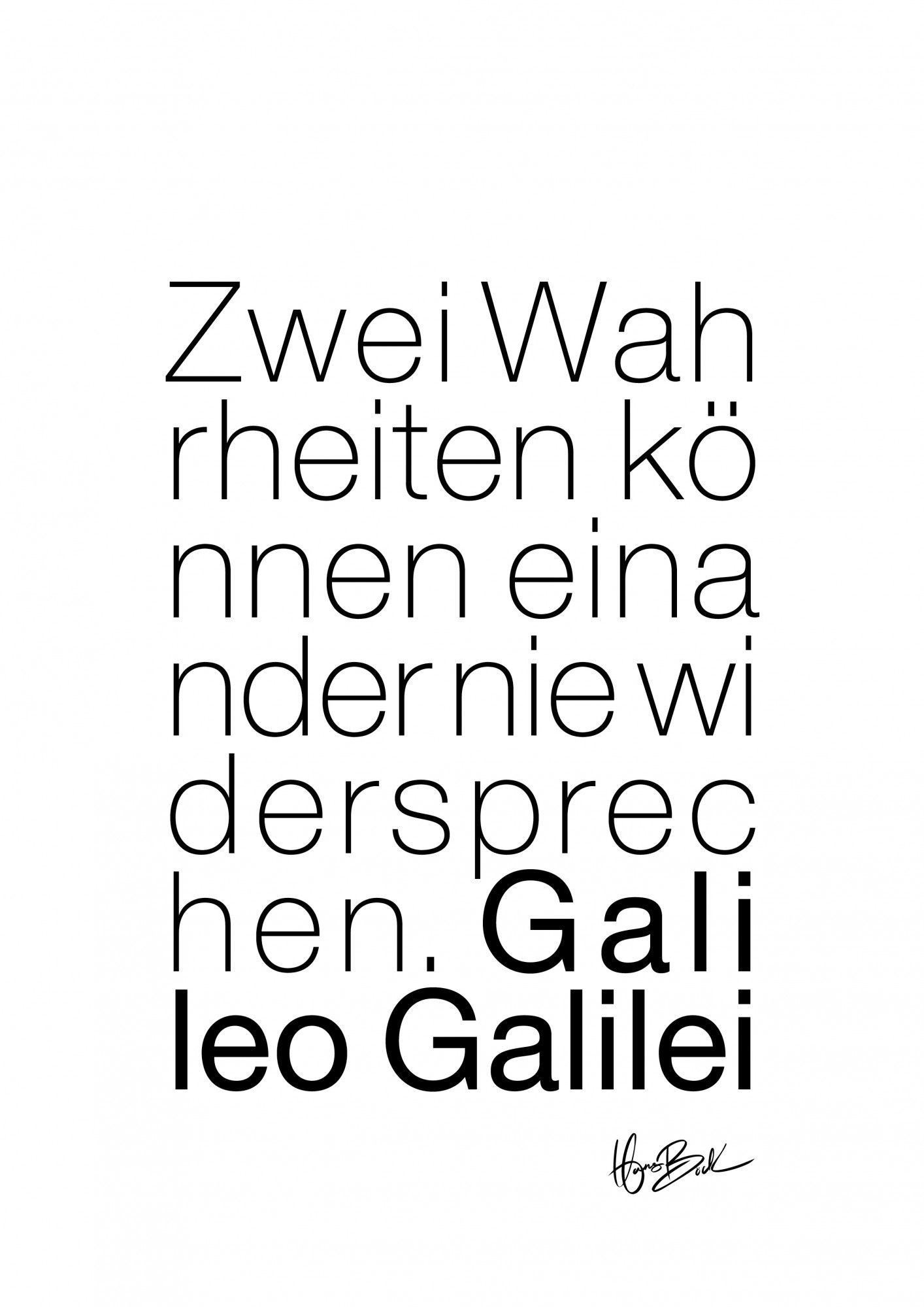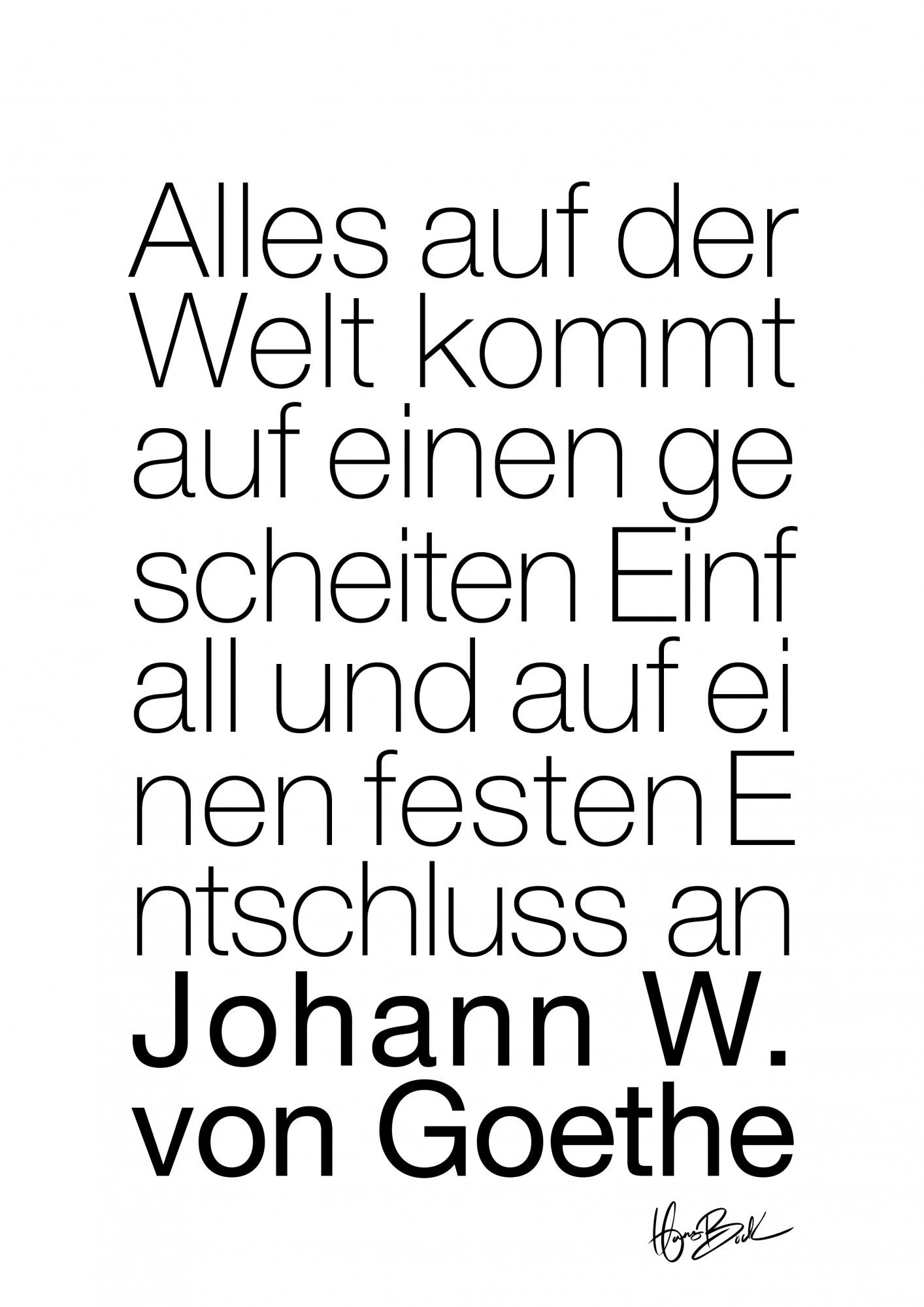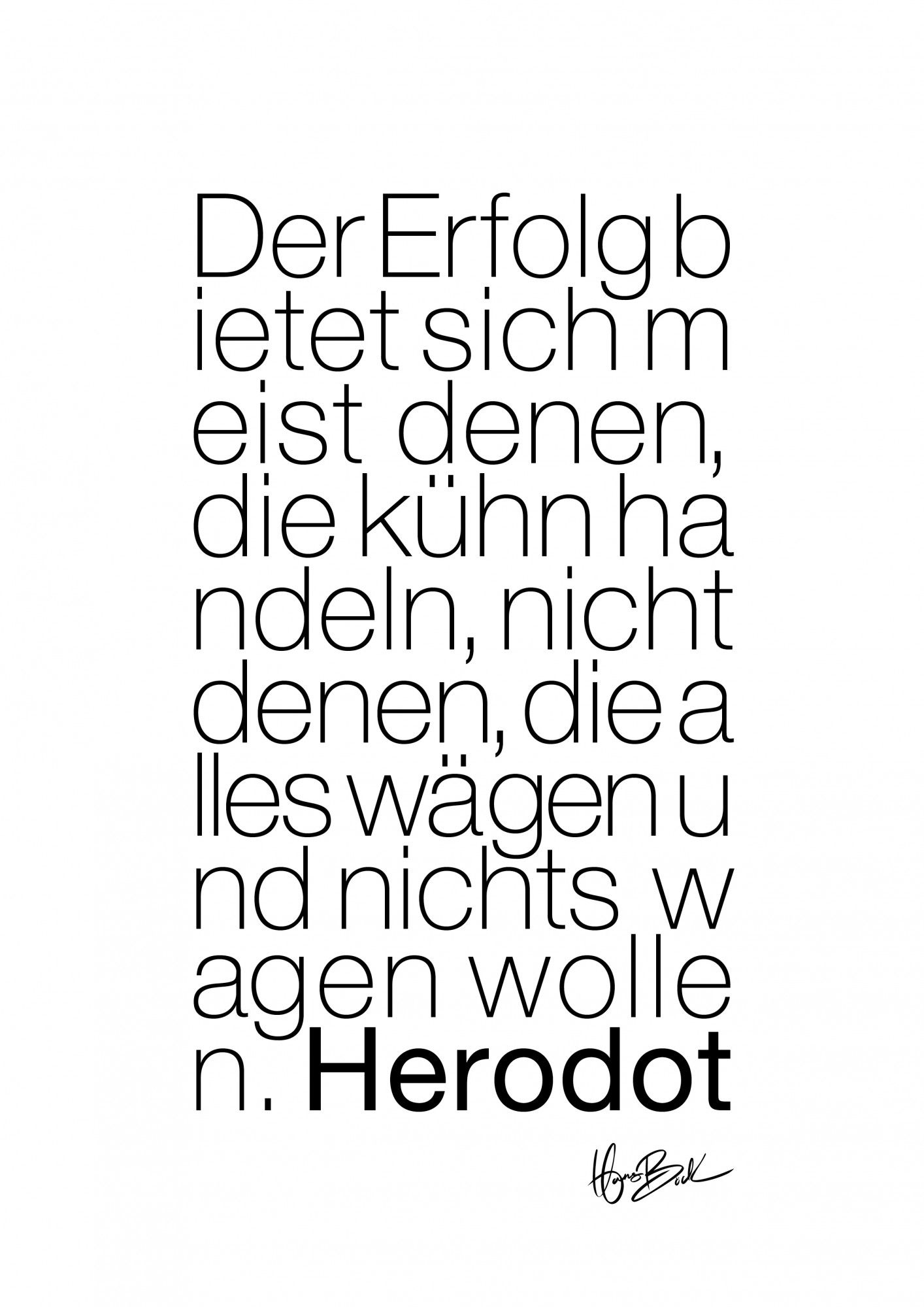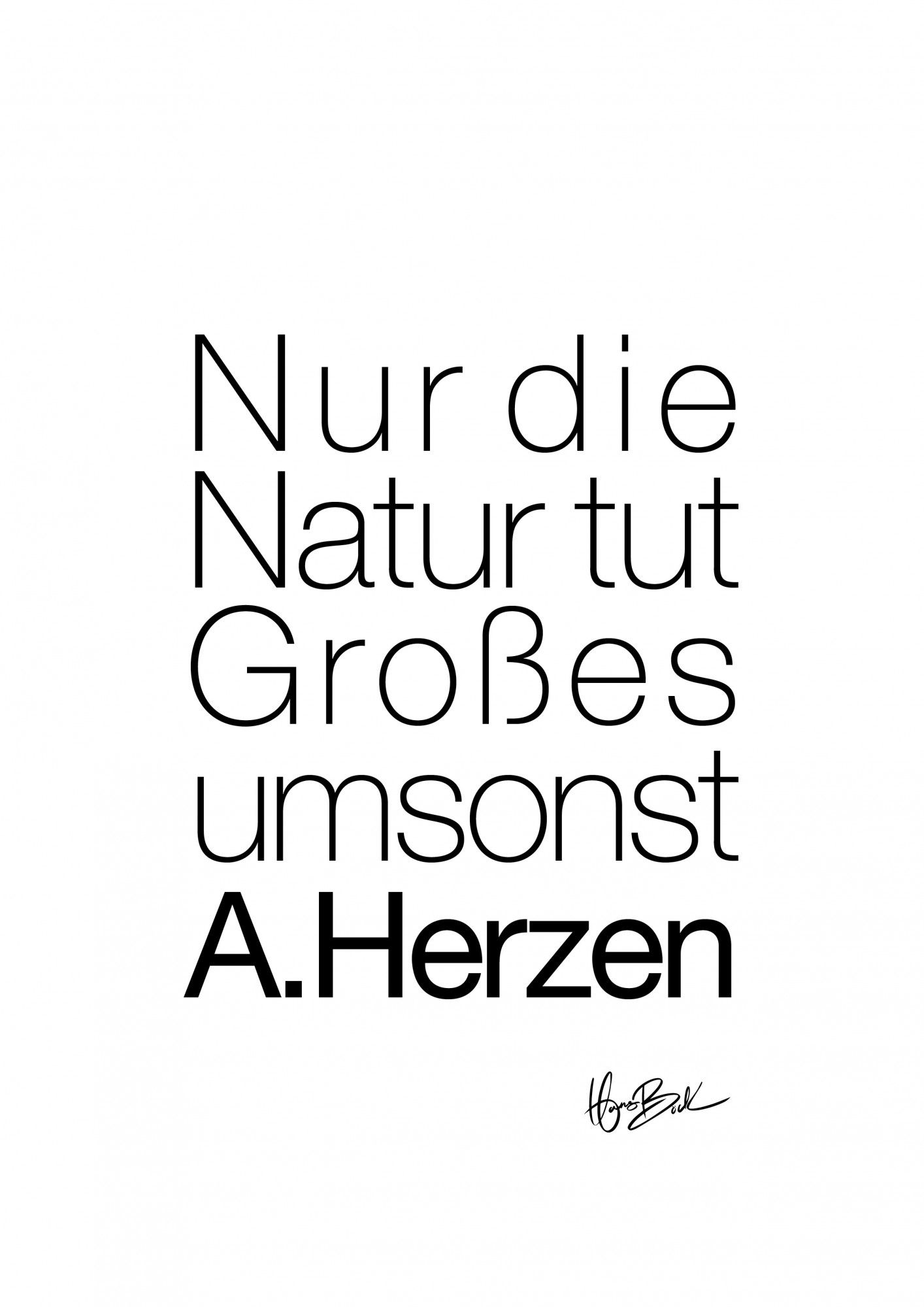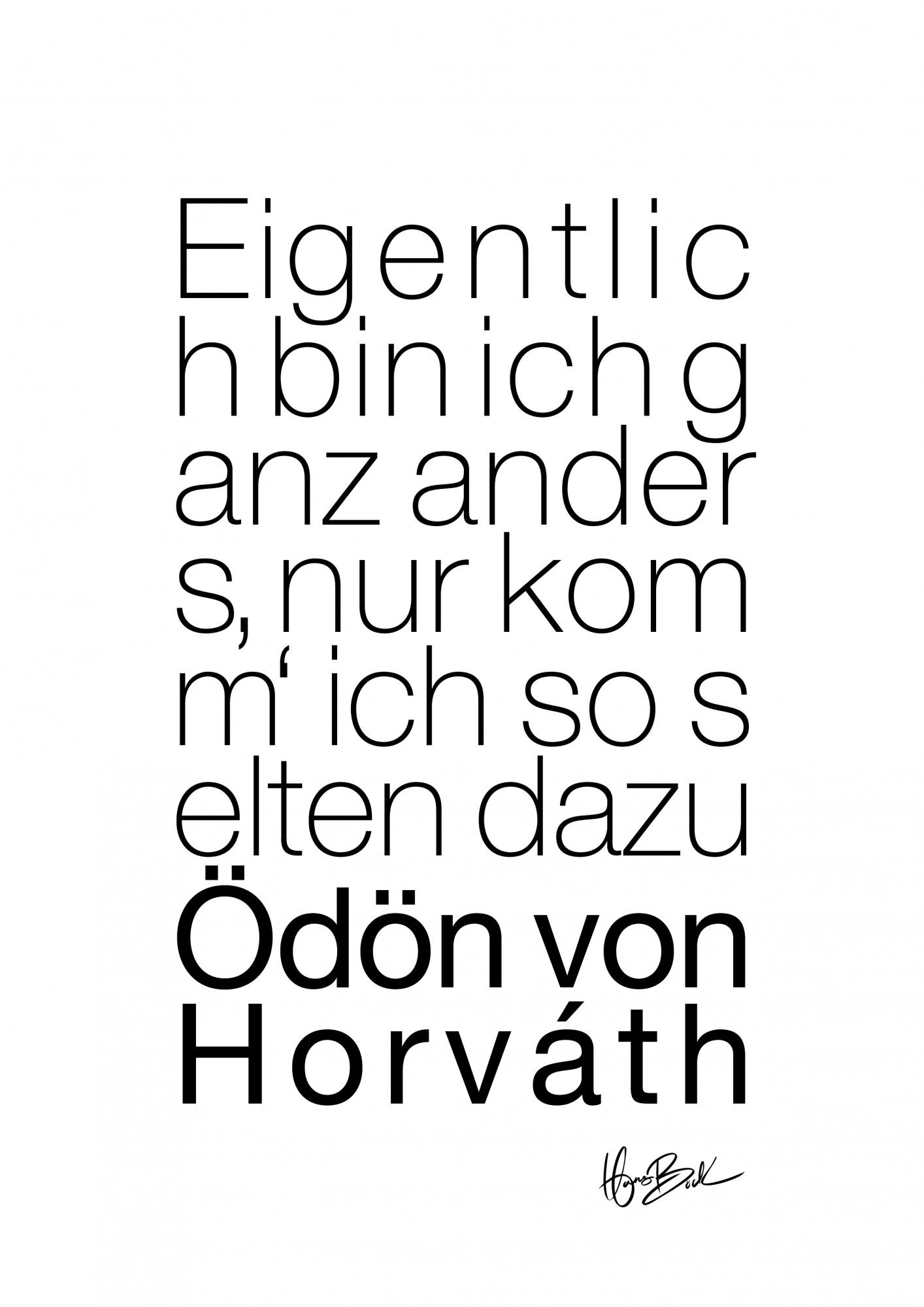Zitate von John Dewey
Every great advance in science has issued from a new audacity of imagination.
Informationen über John Dewey
Philosoph, Pädagoge, "Amerikanischer Pragmatismus", "Die Öffentlichkeit und ihre Probleme", "Erfahrung, Erkenntnis und Wert", "Demokratie und Erziehung" (USA, 1859 - 1952).
John Dewey · Geburtsdatum · Sterbedatum
John Dewey wäre heute 165 Jahre, 0 Monate, 26 Tage oder 60.292 Tage alt.
Geboren am 20.10.1859 in Burlington/Vermont
Gestorben am 01.06.1952 in New York
Sternzeichen: ♎ Waage
Unbekannt
Weitere 19 Zitate von John Dewey
-
Ein Problem ist halb gelöst, wenn es klar formuliert ist.
-
Jeder Denker bringt einen Teil der scheinbar festgefügten Welt in Gefahr, und niemand kann voraussagen, was an dessen Stelle treten wird.
-
Skepsis ist das Zeichen und sogar die Pose des gebildeten Verstandes.
-
Complete adaptation to environment means death. The essential point in all response is the desire to control environment.
-
Conflict is the gadfly of thought. It stirs us to observation and memory. It instigates to invention. It shocks us out of sheeplike passivity, and sets us at noting and contriving.
-

-
Creative thinking will improve as we relate the new fact to the old and all facts to each other.
-
Every great advance in science has issued from a new audacity of imagination.
-
External things and opportunities so abound in American life that, instead of nurturing the true source of happiness, we tend to make it a direct aim. So we end in looking for happiness in possession of the external - in money, a good time, somebody to lean on, and so on. We are impatient, hurried and fretful because we do not find happiness where we look for it.
-
Philosophy recovers itself when it ceases to be the device for dealing with the problems of philosophers and becomes the method, cultivated by philosophers, for dealing with the problems of men.
-
Search for a single, inclusive good is doomed to failure. Such happiness as life is capable of comes from the full participation of all our powers in the endeavor to wrest from each changing situation of experience its own full and unique meaning.
-
The devotion of democracy to education is a familiar fact. The superficial expanation is that a government resting upon popular suffrage cannot be successful unless those who elect and who obey their govenors are educated. Since a democratic society repudiates the principle of external authority, it must find a substitute in voluntary disposition and interest; these can be created only by education.
-
The future of religion is connected with the possibility of developing a faith in the possibilities of human experience and human relationships that will create a vital sense of the solidarity of human interests and inspire action to make that sense a reality.
-
The intellectual content of religions has always finally adapted itself to scientific and social conditions after they have become clear . . . For this reason I do not think that those who are concerned about the future of a religious attitude should trouble themselves about the conflict of science with traditional doctrines.
-
The intellectual function of trouble is to lead men to think . . . Depression is a small price to pay if it induces us to think about the cause of the disorder, confusion and insecurity which are the outstanding traits of our social life.
-
The intimation never wholly deserts us that there is, in the unformed activities of childhood and youth, the possibilities of a better life for the community as well as for individuals here and there. This dim sense is the ground of our abiding idealization of childhood.
-
We need not be afraid of the future, for the future will be in our own hands. We shall need courage, energy and determination, but above all, we shall need faith - faith in ourselves, in our communities and in our country.
-
L'exigence de liberté est une exigence de pouvoir.
-
Le conflit est la mouche du coche de la pensée. Il stimule l'observation et la mémoire.
-
Personne ne peut rien faire si ce n'est par rapport à ce que d'autres peuvent ou ne peuvent pas faire.
- ← Vorherige
- 1 (current)
- Nächste →
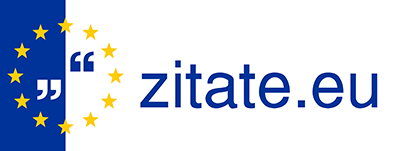

![John Dewey John Dewey - Eva Watson-Schütze [Public domain], via Wikimedia Commons](/imagecache/a/1/e/7/d/a1e7debc595b00faf584ab9e4e92084b26b7e440.jpeg)
